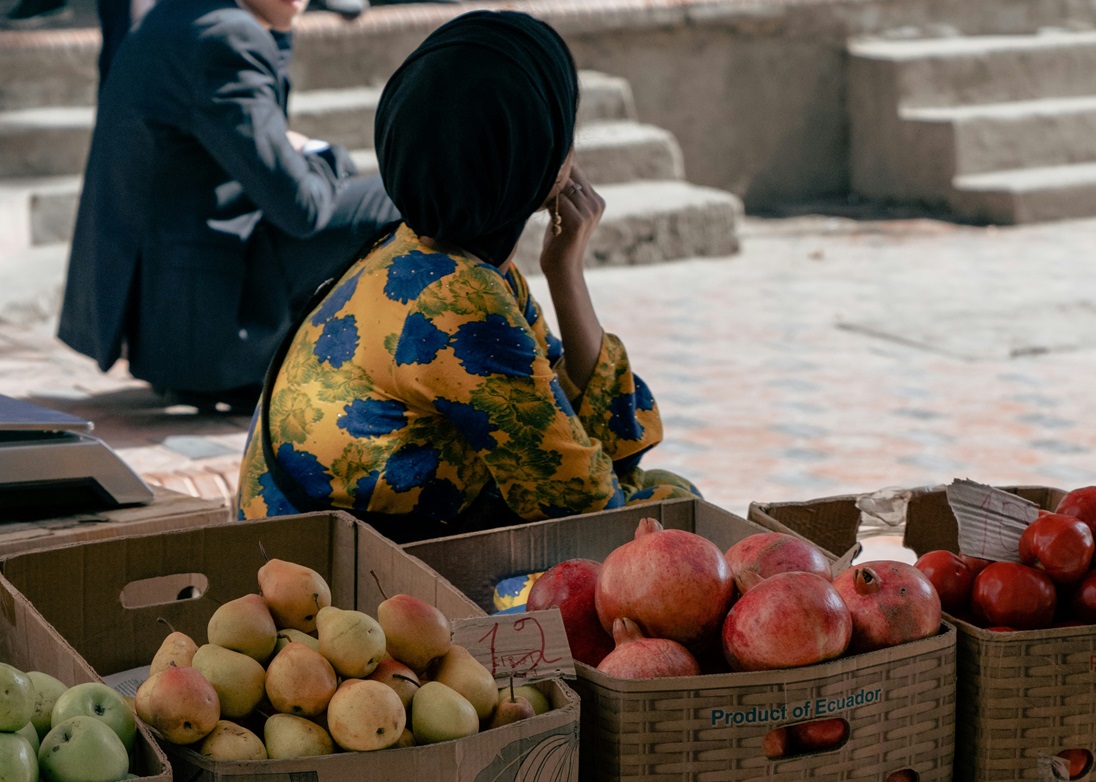Polygamy 'for survival' in Dushanbe
Although not officially recognised, Tajikistan turns more than a blind eye to this practice. And in a country where 70% of families survive only thanks to subsidies sent by migrants working abroad, for women left alone and in poverty even the status of second or third wife of someone who has made their fortune can become an aspiration.
Dushanbe (AsiaNews/Agencies) - Officially, Tajikistan does not recognise the right to polygamy, and assigns those who practise it heavy fines or referral to social services, but in reality, a blind eye is often turned to this phenomenon. Polygamy is becoming an increasingly widespread way of life in the country, and - according to an investigation by the Deutsche Welle website some time ago - there are even women who aspire to the status of second or third wife.
In recent years, polygamy is associated with the growing influence of religion in the life of Tajik society, but also with the mass exodus of citizens, mostly young men, in search of work and earnings abroad. The increasing poverty in society makes it very difficult to find adequate economic accommodation. According to the latest report of the Institute for Central Asian Research, around 70 per cent of Tajikistan's families live on benefits sent by relatives abroad, with over one million Tajik citizens living in labour migration.
This is one of the reasons why women left without husbands after divorce support the right of the men left behind to polygamy, seeing this as their only chance to support themselves and their children. Obviously, it is the relatively more affluent men, or at least those with average salaries such as businessmen and civil servants, who benefit from having many wives. After all, Sharia law allows multiple wives, and unions are blessed by the mullahs without civil registration of marriage, with the complacent silence of many public administrations.
This situation has been denounced by Tajik feminist Firuza Mirzoyeva, a contributor to the association 'Social Health and Human Rights', according to whom 'women here are ready to take on the status of second, third or fourth wives, in order to somehow legalise their private lives'. Added to this is the fact that many women living in regions where they are unable to receive an adequate education, some - without even finishing compulsory education - have little way out for material survival other than to belong to a man. Mirzoyeva cites the examples of the Khatlon and Sogdiana regions, where 'girls prepare for marriage from childhood, and education is considered something superfluous.
They seek security, because tying themselves to a man in any case defends them from any other social demands. Tajik society views unmarried or divorced women negatively, considering them 'old and useless', recalls the activist, so 'even if a woman is successful and independent, society does not approve of her'. The enquiry reports the paradoxical story of Amina, a woman from Isfara who had long since moved with her parents to the capital Dushanbe, and at the end of secondary school was assigned to a husband: 'They chose him, I didn't even know what he looked like, I only knew that he was two years older than me'.
Amina and her husband lived in their parents' house for two months, after which he left to work in Russia: 'At first he came home for a month, then he stopped coming altogether, until I heard that he had remarried and now lives with his other wife... so I decided to leave him, since he doesn't even need our children, and I decided that I don't need him either'. Her husband's parents kept the three children, since she was unable to support them, but at least she could see them regularly. Finally Amina agreed to become the third wife of a 46-year-old man, who 'takes care of me and helps me find my way'. He bought her a flat and a car and helped her to open a beauty salon, and then also a clothes shop. Had she been left with no one, she would have had no other chance in Tajik society to have the necessities of life.
03/10/2025 10:38
30/07/2025 09:05
16/07/2025 09:42
02/06/2022 09:00







.png)










